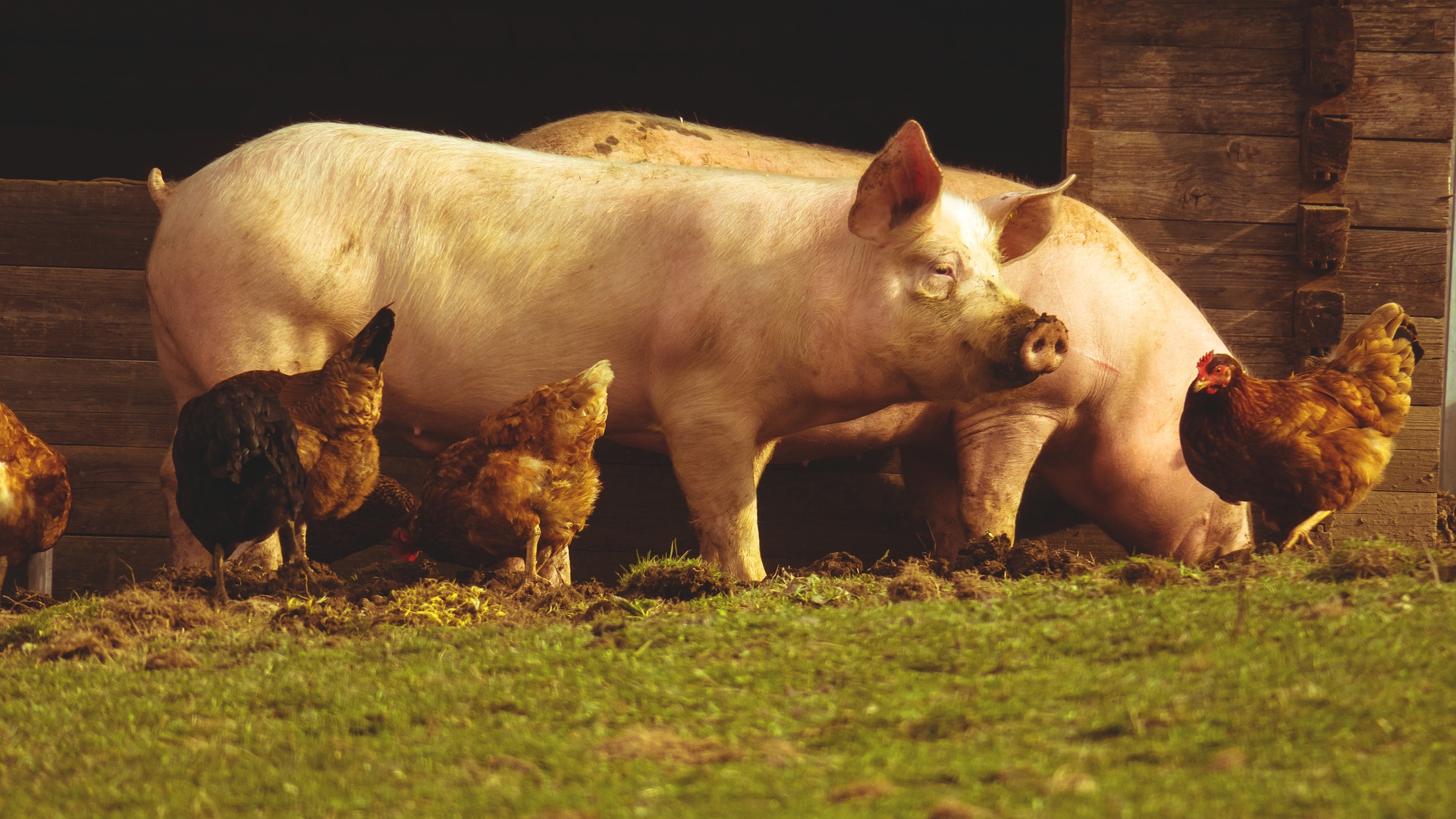The ICT-AGRI-FOOD funded EU project (LivestockSense) initiates important steps towards (1) developing a better understanding of the attitudes of farmers for technology use and thus (2) ensuring more efficient adoption of Smart Technologies in agriculture. The project focus is on pigs and poultry across five EU-countries and Israel, where farmers will be approached to provide information about their experiences of adapting Smart Technologies on livestock farms. The main findings of the surveys will be published and will provide the basis for live demonstrations of Smart Technologies on commercial livestock farms.
It is an open question to what extent and with what impact, automation and Smart Technologies are adopted within European livestock farming today. The comprehensive cross-border survey will give us a better insight and will provide a roadmap for how to enhance the integration of new technologies in livestock farming. Surveys will be initiated in Hungary, Estonia, Denmark, Israel, Poland and Sweden focusing on pigs and poultry farms.
Using effective Smart Technologies to reduce the emissions within the agriculture sector is a critical component, when pursuing carbon neutrality by 2050. These technologies also need to be implemented together with automated technology solutions that has been pre-installed to control e.g., temperature and ventilation systems.
“Many factors, including the hesitant or negative attitude of technology users, can impact on the adaption rate of Smart precision livestock farming technologies (PLF) on commercial farms. This project is about to gain a better understanding about the worries and reservations farmers might have about implementing various Smart PLF technologies on their farms.” – Said Dr Thomas Banhazi, the coordinator of the LivestockSense project.
The complexity of Smart Technologies like Information and Communication Technologies (ICT), provide a more all-inclusive solution with sensors, built-in-gps, cameras etc. Smart technologies sense the important variables associated with the production environment and make real-time intelligent decisions to proactively optimize production conditions or solve a given challenge in the production environment. This might include the monitoring and management of weight gain, feed intake or the barn environment in respect to CO2-emission or ammonia-levels in addition to other important variables.
Dr Banhazi believes that this project will also produce vital information for technology developers and will help them to make user friendly Smart PLF tools in the future that will match more closely the expectations of end-users.
The project focus is on livestock farms that already use Smart Technology, as well as on farms that yet to adopt Smart Technologies. The overall ambition is to get a detailed insight and understanding of the common perception of ICT based solutions in both groups and make comparisons of poultry and pig production across different countries.
Contact:
Project coordinator, Dr Thomas Banhazi, Thomas.banhazi@plfag.com, M +61 402 890 120












